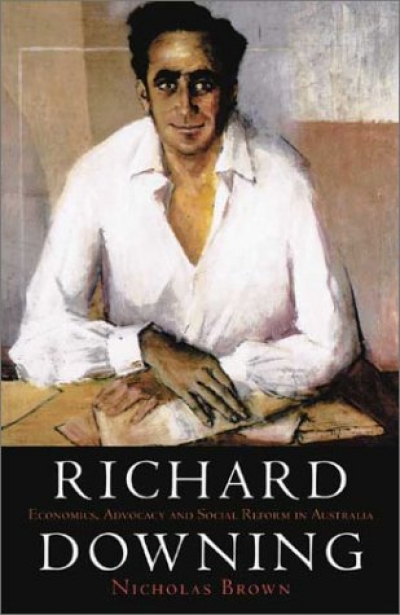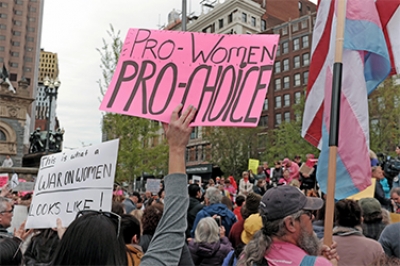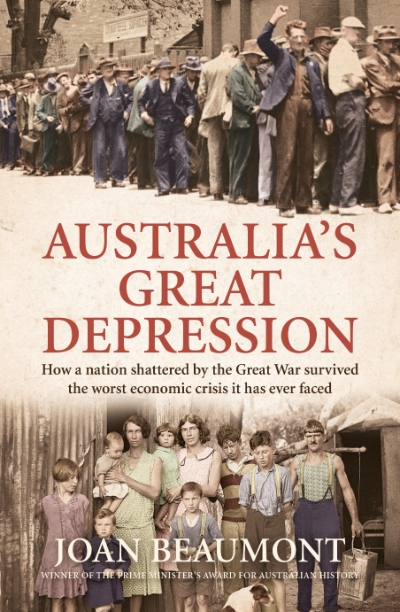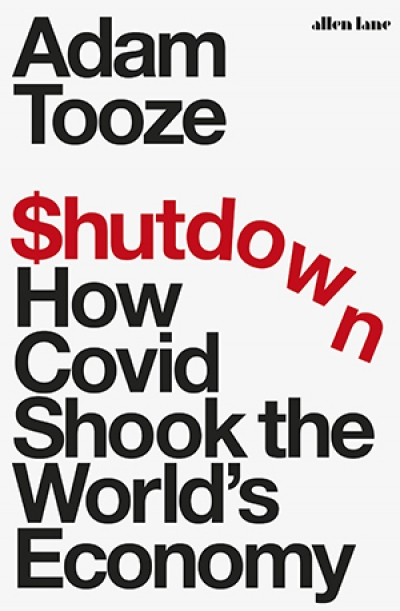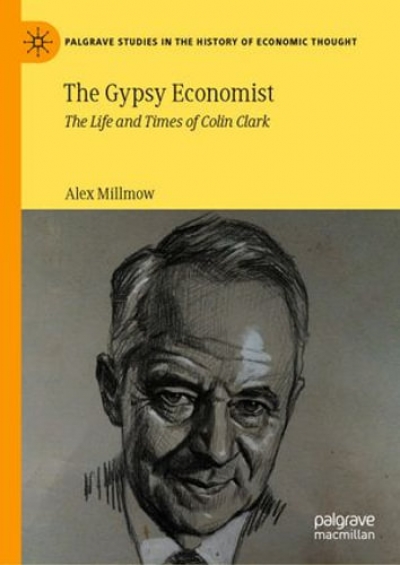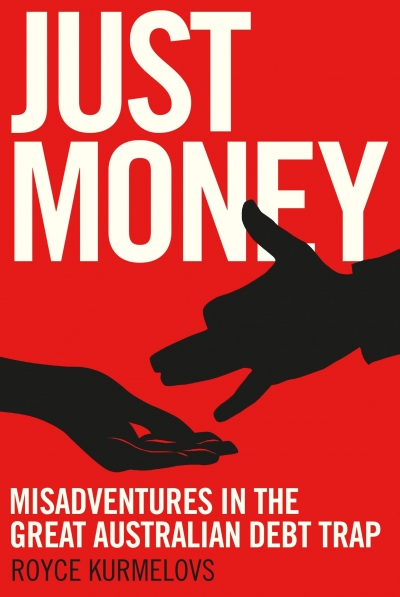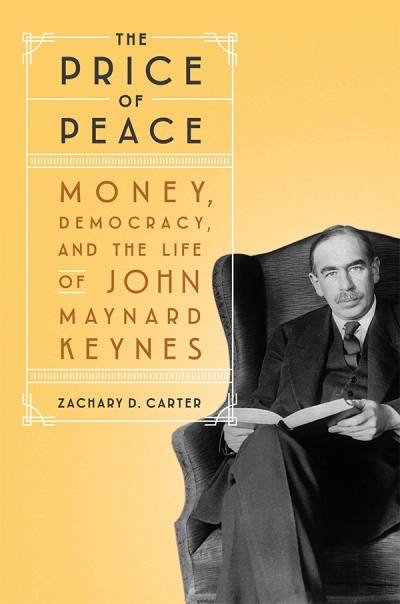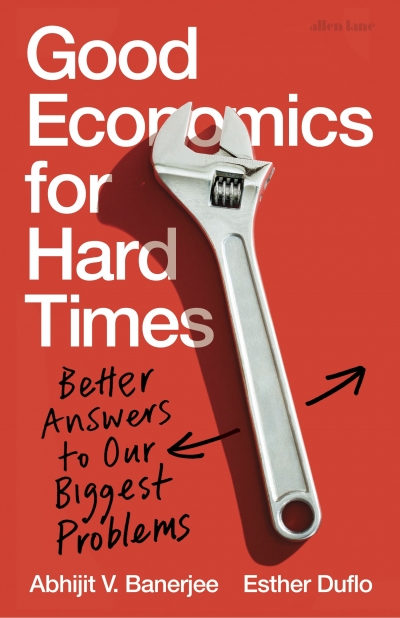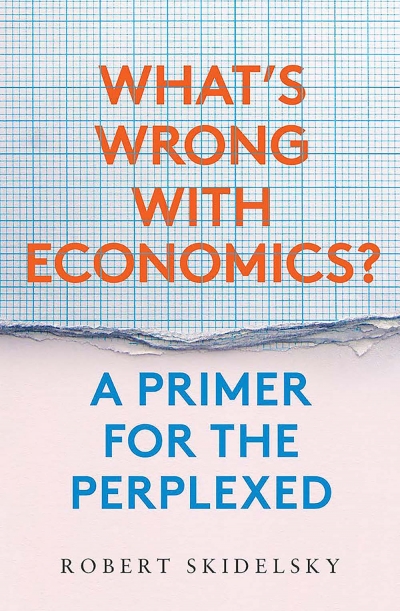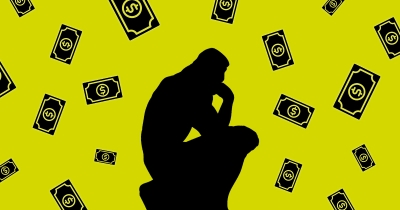Economics
Richard Downing: Economics, advocacy and social reform in Australia by Nicholas Brown
‘Dick Downing had a keen sense of what would make Australia a better country – for a strongly welfare minded economist – the knack of being in the right place at the right time.’ Thus Nicholas Brown, in his subtle and intelligent account of one of the shapers of Australia in the twentieth century.
... (read more)I performed my first abortion when I was twenty-five years old. I didn’t want to: I had seen abortions performed before and knew the procedure was messy and brutal. The women were lightly anaesthetised, unparalysed, not intubated. Sometimes a woman would twitch, even flinch, under the anaesthesia as her cervix was dilated and her uterus evacuated. I wondered if any of the women knew in a visceral sense what was being done to their bodies. Being pregnant, and then not; afraid, and then less so, the immediate problem solved, the deeper concerns of poverty and violence left untouched by my team. I would see them afterwards. No complications. No, you don’t need to pay. Yes, you can go. By the way, would you like a script for the pill?
... (read more)Australia’s Great Depression: How a nation shattered by the Great War survived the worst economic crisis it has ever faced by Joan Beaumont
In 2007, on the seventy-fifth anniversary of the Great Ocean Road, a bronze statue was unveiled at Eastern View, near Torquay. The statue, titled ‘The Diggers’, depicts two pick-wielding mates, one handing the other a drink. In name and form, the statue memorialises both the World War I Anzacs the road was built to honour and the repatriated soldiers who began constructing it in 1919. But the statue tells only half the story. As the anniversary date indicates, the Great Ocean Road was completed in 1932, at the height of the Great Depression. It provided work not only for returned servicemen, but also for thousands of unemployed a decade later. Many probably worked under both circumstances.
... (read more)How will the year 2020 be remembered? No doubt the headline event was the coronavirus pandemic, which shuttered schools, factories, and hospitality services, leading to a contraction of per capita income for ninety-five percent of the world’s economies. For Europe, the acrimonious exit of the United Kingdom from the European Union would serve as a stark reminder of how fragile supranational institutions are in the face of popular fury. Following the murder of George Floyd, similar rage at police brutality marked a turning point in the Black Lives Matter movement in the United States, which preceded a combative presidential election that denied Donald Trump a second term. And the world endured one of its hottest years on record, with surface temperatures reaching nearly one degree above the 141-year average as fires burned through Australia and the United States.
... (read more)The Gypsy Economist: The life and times of Colin Clark by Alex Millmow
Thirty-two years since his death, Colin Clark (1905–89) remains an obscure name in Australia and the discipline of economics. This relative anonymity may strike those who know of his academic achievements as odd, even unjust, as Clark was an outspoken and occasionally brilliant intellectual. A protégé (and later apostate) of John Maynard Keynes, a British Labour party candidate for South Norfolk, a Queensland state statistician, and a scholar at Cambridge, Monash, Oxford, and Queensland, the British-born Clark was a pioneer of national accounting and made numerous contributions to various fields of economics. These were tempered, however, by his ideological conservatism, peripatetic employment, and uneven record of economic forecasting.
... (read more)Just Money: Misadventures in the great Australian debt trap by Royce Kurmelovs
The middle class has always been the target audience for the ever-optimistic, benign phrasing of Australia’s economic prospects. It is for them that there runs a vein of exceptionalism that believes no matter what the numbers say, the nation is immune to the dangerous excesses of the American brand of capitalism. This extends to debt. Despite the widely touted fact that we have among the highest levels of household debt in the developed world, we assume that any downturn will be temporary – the next mining or housing boom is just around the corner.
... (read more)The Price of Peace: Money, democracy and the life of John Maynard Keynes by Zachary D. Carter
Who was John Maynard Keynes? Was he the bookish Cambridge don who penned ambitious theories to overturn the tenets of economics and political liberalism? Or was he Baron Keynes of Tilton, the ardent imperialist who viewed British rule as a benevolent force bringing justice, liberty, and prosperity to the societies it administered? Was he a meticulous Lothario who kept lists of his hookups with anonymous men on notecards? Was he also a political statesman who lambasted the intransigency of his colleagues during fraught negotiations in two world wars?
... (read more)Good Economics for Hard Times: Better answers to our biggest problems by Abhijit V. Banerjee and Esther Duflo
A survey conducted in the UK in 2017 asked people whether they trusted the opinions of a variety of experts, such as doctors, scientists, and nutritionists. Economists came second last in a big field, beaten to the bottom only by politicians. How can it be that practitioners of an academic discipline that traces its intellectual history back at least 250 years have sunk so low in popular esteem? It seems that the blame rests not with economists themselves, most of whom are honest and well-intentioned individuals whose main handicap, at least among the males of the species, is their legendary boringness and appalling taste in ties.
... (read more)What’s Wrong with Economics?: A primer for the perplexed by Robert Skidelsky
It is a truth universally acknowledged that pride comes before a fall, and ‘Anyone with a historical sense would have realised that the hubristic attempt to make the world into a frontier and culture-free single market would end in tears.’ This opening salvo in Professor Robert Skidelsky’s new book is part of his answer to what is wrong with economics. Besides arrogance, this includes amorality, ahistoricism, sociopathy, over-formalisation, and unscientific dogmatism.
... (read more)As part of his budget speech to the House of Representatives in April, Josh Frydenberg, the federal treasurer, announced that his suite of policy changes would ‘deliver better outcomes for all Australians’. Such talk is par for the course in parliamentary democracies ...
... (read more)

